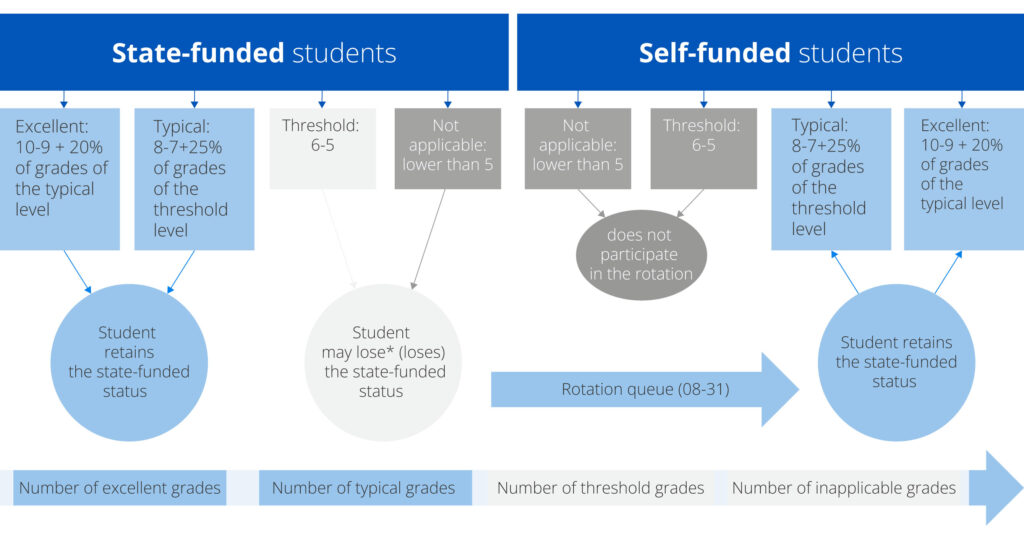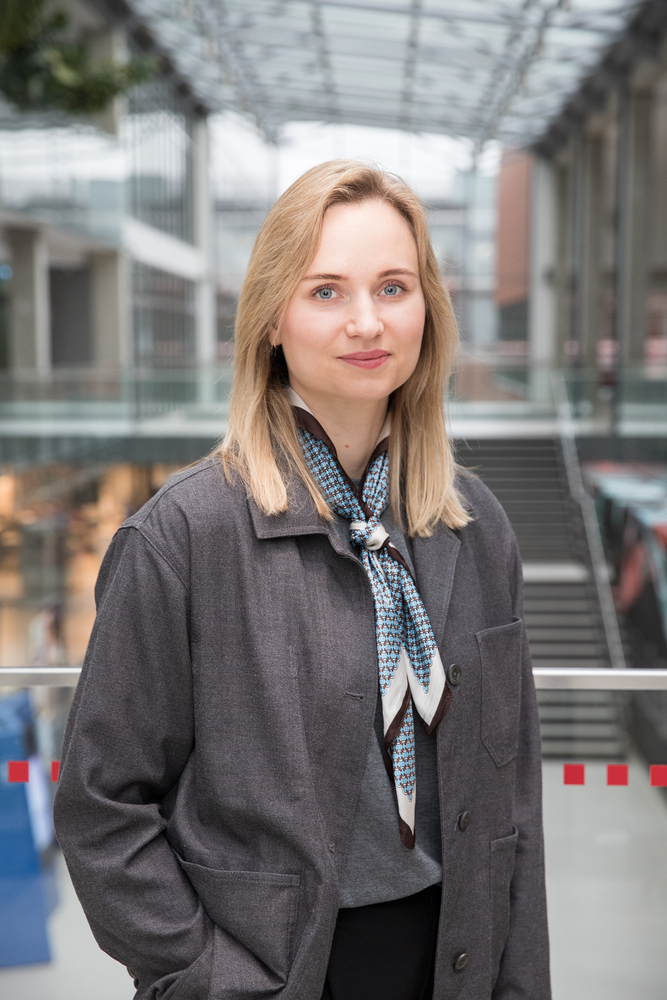A student card is a laminated card issued by the University, intended to be worn on clothing during laboratory or practical sessions. This card is not considered a national or international student identification card (LSP/ISIC). Student cards are produced for all first-year University students without the need for a separate request. To have the card made, you must upload a document-quality photograph to your LSMUSIS account. Each student will be informed personally via their University-provided email once the card has been prepared.
Laminated name tags are issued by the Study Information Office of the Study Centre. The student must collect the card in person. Uncollected cards are stored for one year and then destroyed. The student card is valid for the entire duration of the studies, according to the specific study program’s length. Students who terminate their studies before the card’s expiration date must return it to the Study Information Office of the Study Centre.
The student card contains the following information:
- A photo appropriate to the student’s age (25 mm x 32 mm) that meets general ID requirements.
- Student’s name and surname.
- Academy, faculty.
- Study programme.
- Assigned student registration number in the study information system.
- The name and logo of the university.
- Validity period of the card.
Instructions on how to take own photo:
- Choose a well-lit room (daylight is best).
- Set the front camera of your smart device.
- Stand against a white wall (with your back to the wall).
- Extend your arms straight out in front of you, holding your smart device.
- Adjust the camera so that your face is centered on the screen.
- Look directly at the camera with a neutral facial expression and take the photo.
For an ID-appropriate photo, DO NOT pose with sunglasses, masks, head coverings (except for religious reasons), etc. Your clothing should be neat and appropriate, such as a shirt, jacket, or plain blouse, etc.
The student card can be replaced if:
- The student changes their name or surname.
- The student changes their study programme.
- There are inaccuracies in the records.
- The card becomes unfit for use (e.g. torn, worn out).
- The validity period has expired.
- The card is lost.
Student cards are not replaced if the student is simply dissatisfied with the photo they uploaded.
The student card is issued to students free of charge.


